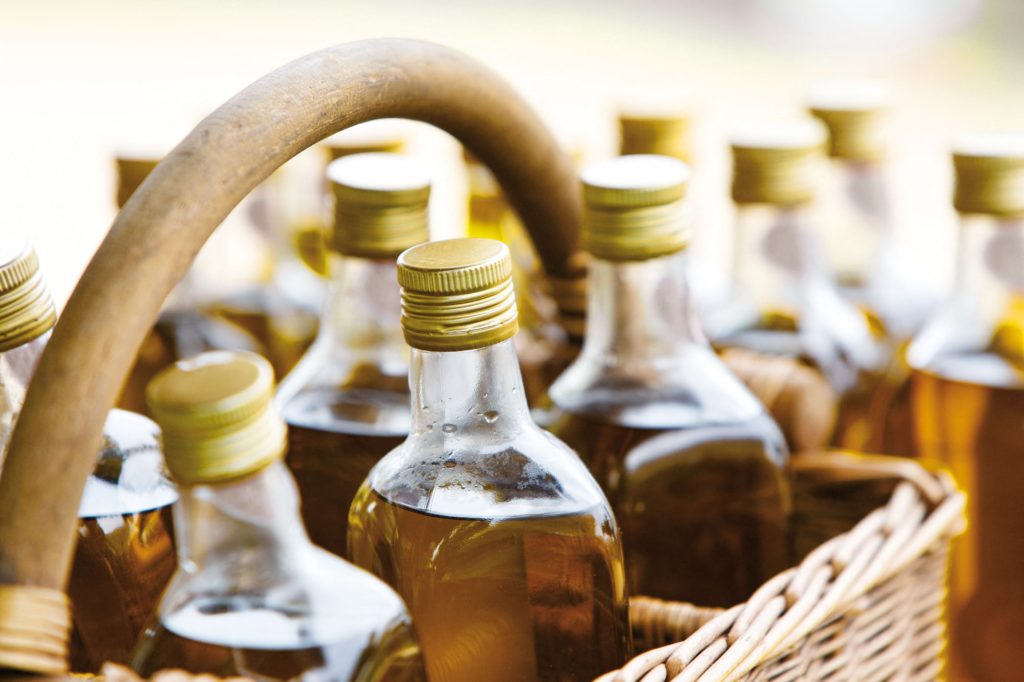São Paulo – The Arab countries are some of the food suppliers to Brazil. Last year, the Brazilian market imported USD 12.8 million worth in food and beverage goods, of which USD 117.7 million came from the Arab world, according to a survey by the Market Intelligence department of the Arab Brazilian Chamber of Commerce (ABCC).
The share is still small, at 0.9%, but food exporters from the region see Brazil as a giant market and have been increasingly interested in snatching up a larger share with their products, which range from olive oils to dates.
ABCC Marketing & Content director Silvana Gomes said distributors and retailers see the Arab products as a way to add novelty to the Brazilian market and are alternatives to established or saturated brands.

She believes the consumption of Arab foods in Brazil tends to grow in the following years, with Brazilians traveling more and more as tourists to the Arab countries, learning about their food habits and wanting to find in their own country the products tried in the region.
Gomes mentioned the increasingly popular Mediterranean and healthy diets in Brazil, which include many Arab products like dates and olive oils.
The top Arab food supplier to Brazil is Morocco, which accounts for over half of what the Latin American country buys from the region at 53.37%, followed by Egypt at 28.37%, Oman at 12.7%, Tunisia at 3.99%, Lebanon at 0.82%, the United Arab Emirates at 0.57%, Palestine at 0.24%, Somalia at 0.06%, Sudan at 0.05%, and others at 0.06%.
Brazil buys from Arab countries food items like frozen sardines, which account for 64%, followed by olives at 8% and oranges at 6%. Products imported from the region also include anise, dates, medicinal herbs, strawberries, pickles, olive oil, garlic, and onions.
Brazil as a consumer
Home to a population of 214 million residents, Brazil consumes USD 184.5 billion worth of food and beverage annually. Thus, despite gigantic domestic food production, the country’s market has room for imported products, too. The imports currently represent 7% of the food consumption in Brazil.

The survey conducted by the ABCC, based on data from the Brazilian government and consulting firm Statista, shows Brazil’s leading foreign food supplier is Argentina at 31% of its food and beverage imports, followed by Paraguay at 11% and Chile at 10%. Then come Uruguay and Indonesia.
Brazil imports mainly wheat, frozen fish, malt, maize, wines, milk, vegetable oils, palm oil, pickled vegetables, and rice.
Gomes gave some tips to Arab exporters interested in this market. She said consumption is largely concentrated in large urban areas and takes place via major supermarket chains but there’s also a regional demand in the countryside and via other sales channels like emporiums, ecommerce, food service, small retail, and cash and carry.
For those working with more premium products, the Marketing & Content director recommends the use of online retail, where these products sell quite well, but also emporiums, which are a relevant marketing venue for such brands.
Arab supply
Gomes pointed out that the Arab share in the Brazilian food market has stepped up in recent years, thanks mainly to the presentation work of the country’s demand to exporters form the region. In the beginning of the last decade, Arab food exports to Brazil were around USD 50 million. Now it’s over USD 100 million.
In 2019 the ABCC started an internationalization work by opening its first international office in Dubai, UAE, then opening a second one in 2021 in Cairo, Egypt, thus starting to take in Arab businesses as members and helping them tap into opportunities of the Brazilian markets, including the food one. The institution also offers consulting services specialized in the target market of the companies.
Arabs at APAS

This year the ABCC is organizing the largest Arab participation in the supermarket fair APAS Show, to take place from May 15 to 18 in the city of São Paulo. Thirty exhibitors from Jordan, Tunisia, Egypt, the UAE, Iraq, Saudi Arabia, and Lebanon will be there. Gomes said the number of both countries and products have grown.
Libyans and Palestinians will be in Brazil during the APAS Show to tap into the industry’s opportunities, the first on a mission held by the ABC. The Arab participation in the Americas’ largest food and beverage show has been organized by the institution for five years.
On Tuesday (2), Arab exhibitors that’ll be in the next edition of APAS joined an online warm-up held by the ABCC that presented data on the Brazilian food market and discussed practical aspects of the participation in the show.
Translated by Guilherme Miranda




